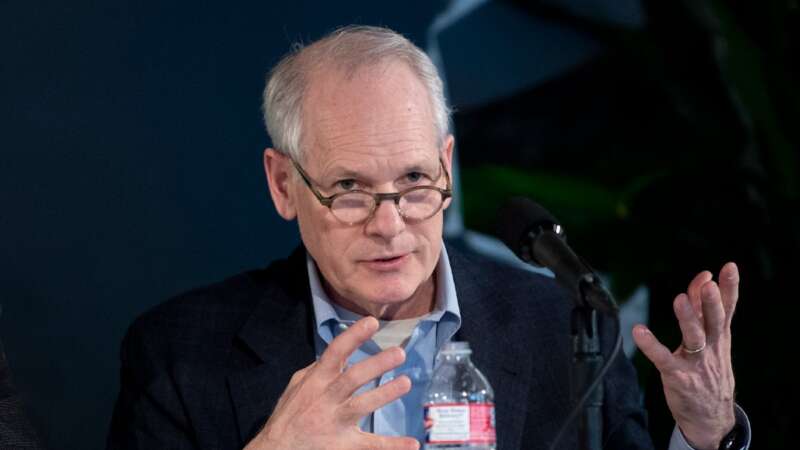
As Department of Veterans Affairs (VA) Chief Information Officer (CIO) Kurt DelBene prepares to head out before the Trump administration takes office, the CIO shared lessons learned on Thursday during his tenure from the agency’s IT modernization efforts – including that “big bang” modernizations don’t work.
DelBene is a presidentially appointed CIO, meaning he will be out of a job on Jan. 20 when President-elect Donald Trump takes office – unless Trump asks him to stay.
When the Senate confirmed DelBene in December 2021, he inherited major IT modernization projects, including the Electronic Health Records Modernization (EHRM) program, the Financial Management Business Transformation (FMBT) program, and the Digital GI Bill (DGIB) program.
During a House VA Subcommittee on Technology Modernization Oversight hearing on Thursday, Chair Matt Rosendale, R-Mont., pointed out that, put together, these three programs “are conservatively going to cost the VA at least $27 billion more than what they were initially planned.”
“VA should not be doing IT mega projects. They just don’t work, and they always turn into black holes, sucking billions of dollars of taxpayers’ money into the contractors’ pockets,” Chairman Rosendale said.
Carol Harris, a director of information technology and cybersecurity at the Government Accountability Office (GAO), noted that over the past two years, the VA has obligated over $21 billion for a range of IT products, systems, and services.
Harris advised the VA to adopt industry best practices, including “the use of iterative development for complex IT acquisitions.”
“Iterative development essentially breaks large, monolithic IT projects into smaller, more manageable pieces so that you’re delivering system functionality within weeks or months versus years,” she explained.
This incremental approach is something DelBene agreed with as well, noting that it is more efficient than what he refers to as “big bang development.”
“I fully agree with that,” DelBene said. “If the budget were larger … we would have an adequate investment across modernizations, a broad set of modernizations, that we would do in an incremental approach.”
The CIO explained that with this approach, VA could get all of its systems to the point where they’re “evergreen, which means you’re always doing an incremental amount of improvement every year.”
DelBene said he would also like the VA budget to follow this structure. However, the VA’s fiscal year (FY) 2025 IT budget is what he referred to as a “maintenance budget,” with development down 99.2 percent in funding and modernization efforts down 66.5 percent.
“What you find with this budget is we are focused on sustaining what we have in place and not being able to move forward critical programs. So, it’s a very challenging budget,” he explained.
Despite the VA’s IT modernization challenges over the past few years, Rep. Rosendale expressed his optimism for the path the VA is on toward incremental modernization.
For example, DelBene said the VA’s EHRM program is “ironically” charting towards an incremental approach as it’s in the middle of a “program reset” before deploying the system to other VA sites. He expects the department to continue the program’s deployments in FY2025.
“I would urge your successor to be skeptical of the contractors’ promises and hopefully stay on the same path that we have all worked together here to get us going down, because it has started making some incremental improvements,” Rep. Rosendale told DelBene.
To help the VA in its IT modernization efforts going forward, Reynold Schweickhardt, a non-resident senior fellow for congressional modernization at the Foundation for American Innovation, proposed that the next VA secretary address the tenure of the CIO.
“I think Mr. DelBene had the best possible tenure given transitioning from an important private sector career with conflicts of interest to manage, et cetera. So, his three-year term is about as long as that is going to be,” Schweickhardt said.
“The next administration should take steps to ensure that the CIO has a tenure of at least five years with a term appointment or some other process to accomplish that,” he said.
